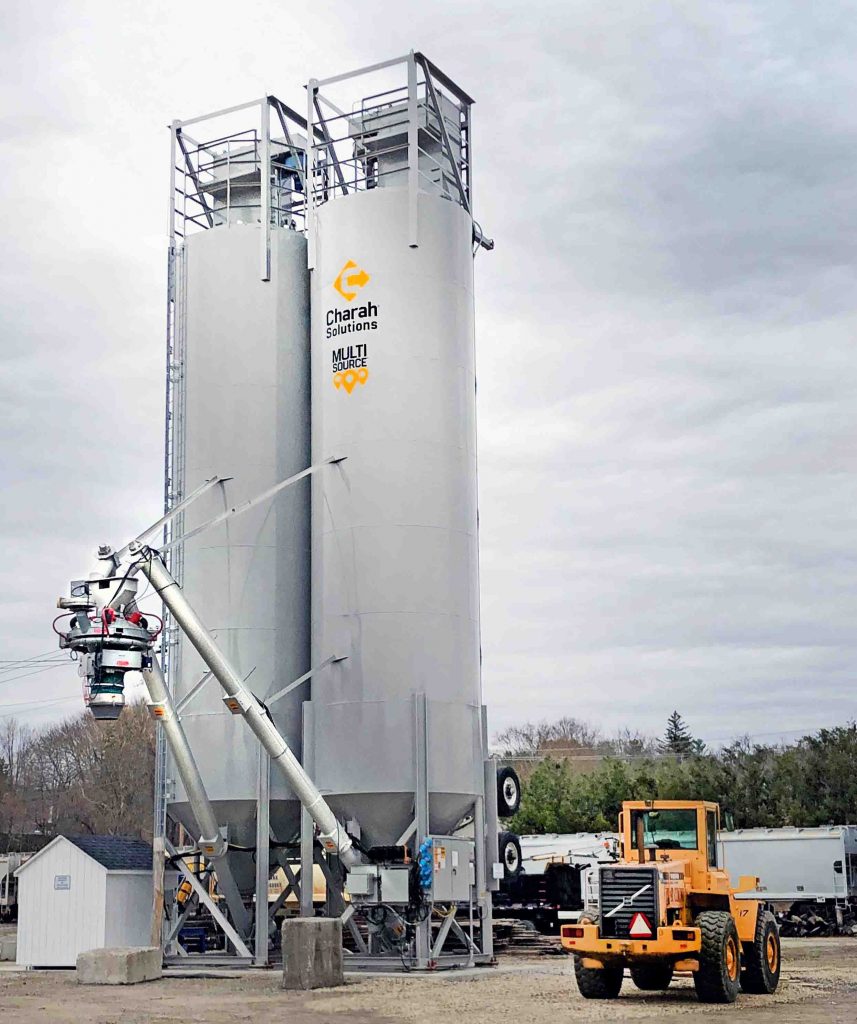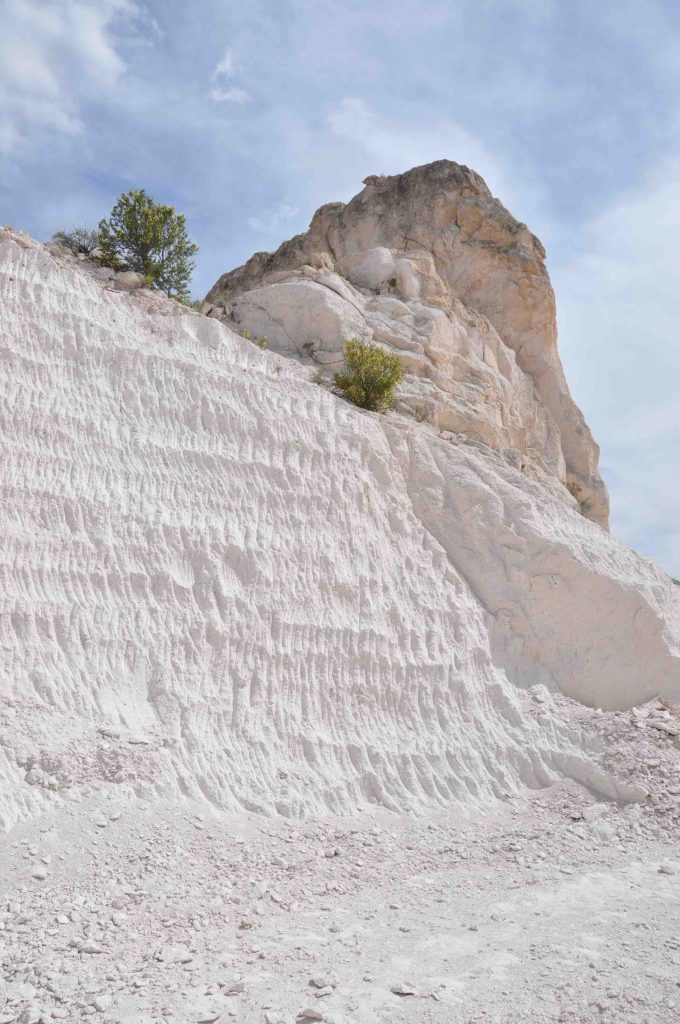Supplementary Cementitious Materials

Class F, C Fly Ash
A readily recyclable byproduct of coal combustion in power generating stations, ASTM C 618
fly ash is the most widely used supplementary cementitious material, typically substituting portland cement at 10-25 percent in concrete mix designs. In addition to cement replacement, Class F ash is specified for its strength development characteristics and countering alkali silica reactivity. Class F has chemical properties suiting a wider range of concrete applications and is used in greater volumes than Class C ash.
American Coal Ash Association, Denver, Colorado
Slag Cement
ASTM C 989, C 595, C 1157-grade ground granulated blast furnace slag cement is a performance supplementary cementitious material used to impart strength development and durability in concrete. Its binding properties typically allow substitution of portland cement at rates of 20-40 percent.
Slag Cement Association, Farmington Hills, Michigan
Natural Pozzolans
Pozzolans are siliceous or siliceous and aluminous materials and meet ASTM C 618 Type N standards. In a concrete mix, they react with the key product of hydrating portland cement, calcium hydroxide, to form binding compounds that increase slab or structure strength and durability. There are two classes of natural pozzolans: Raw, derived from minerals such as pumice, pumicite, tuff, volcanic ash and perlite; and, Calcined, milled from processed clays or shales. High reactivity metakaolin is the most common Calcined pozzolan and derives from kaolin clay.

Natural Pozzolan Association, Malad City, Idaho